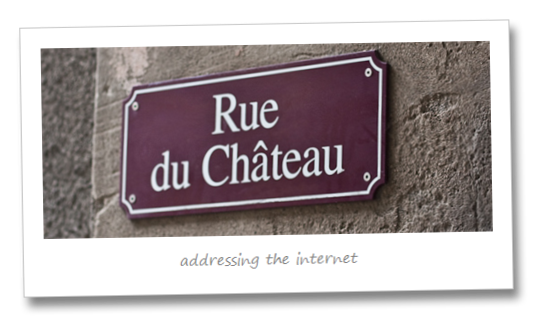
‘IP address’. It’s a term you’ve probably heard before, but have never really understood. Here’s an explanation as to how it all works. Thanks to Chris at Fasthit Web Hosting for helping make sure we got it all straight.
What is an IP Address?
IP stands for internet protocol, and it’s the basis of how the internet actually works.
An IP address is kind of the equivalent of a phone number. When you have an internet connection to your home or office, you have an IP address that identifies you as an individual user, so that web pages and the like can be delivered to you. You share with everyone else using the same connection.
Does my web site have an IP address too?
Yes. Every web site also has an IP address, but usually lots of web sites on the same server will share the same IP.
If you have an SSL certificate, you need your own IP
When you have an SSL certificate, you need a secure connection. SSL certificates are most often used in online retail, so that monetary transactions are guaranteed to be secure. If you have other web sites using the same IP, that connection cannot be effectively secured.
Because IP addresses are finite (there are only a certain range of numbers possible), they are regulated and allocated by a central authority. It costs the ISPs and hosting companies money to have exclusive use of particular IP addresses. Usually, they have a range of IPs, consisting of hundreds of individual addresses. So they will charge you a little extra if you need your own IP instead of a shared one.
For example:
Julie needs an SSL certificate for her web site, because she provides secure online payments. Because the connection must be secured, she can’t use a shared IP address, and instead needs her own. Her Fasthit "Value" web hosting account does not include a dedicated IP address. She could upgrade to a Fasthit "Business" web hosting account, but her site doesn’t really need all those extra resources. Instead, Julie can get a dedicated IP address as an account "add-on" for $5 per month.
share this